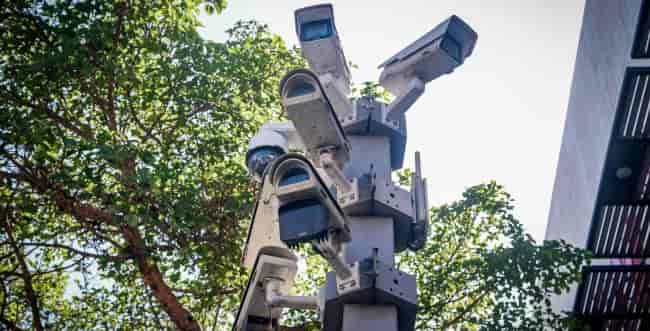Israel-Gaza War
Have Cameras in the Home? Here's How to Stop An Enemy Hack
The National Cyber Directorate has published five simple instructions to prevent your cameras from being hacked and possibly used by the enemy.

As fighting continues in the south, the National Cyber Directorate has issued instructions to citizens to thoroughly check the security of their network cameras, change passwords, and if needed even shut them down to prevent their being hacked by hostile parties.
The Directorate stated that network cameras are a weak point as many of them do not contain secured access mechanisms and are very easily penetrated. This includes not only home-based cameras but also those used by businesses, organizations, and even governmental bodies.
According to the Directorate, although no such penetration has been identified during the fighting in the south so far, “we’ve seen this pattern in previous operations and this is therefore a possible and very likely scenario. It is not surprise: hackers from Iran or hostile countries have already shown how they penetrate the cameras of companies, even defense companies. Furthermore, penetrating a camera has served in the past as a means to spread documentation of an attack like the explosion at the Jerusalem bus stop by Hamas a few years ago.”
They also said that “the main fear is that penetration of security cameras can serve the enemy in collecting intelligence and spying. For instance, a camera observing sensitive areas like roads, junctions, public or defense installations can easily become a means of surveillance for hackers who take them over. It’s not hard to find a network camera. There are search engines which know how to map out the administrative interfaces of cameras, allowing internet access to their owner’s remote access.”
The Directorate ended their statement with a number of instructions and recommendations to tighten control of security cameras, recommending that anyone using such means check their equipment:
Stay Connected With Us
Follow our social channels for breaking news, exclusive content, and real-time updates.
WhatsApp Updates
Join our news group for instant updates
Follow on X (Twitter)
@jfeedenglish
Never miss a story - follow us on your preferred platform!